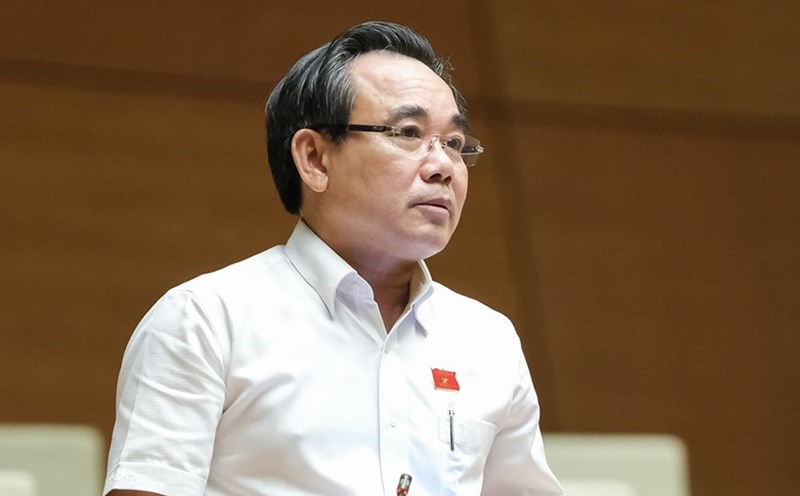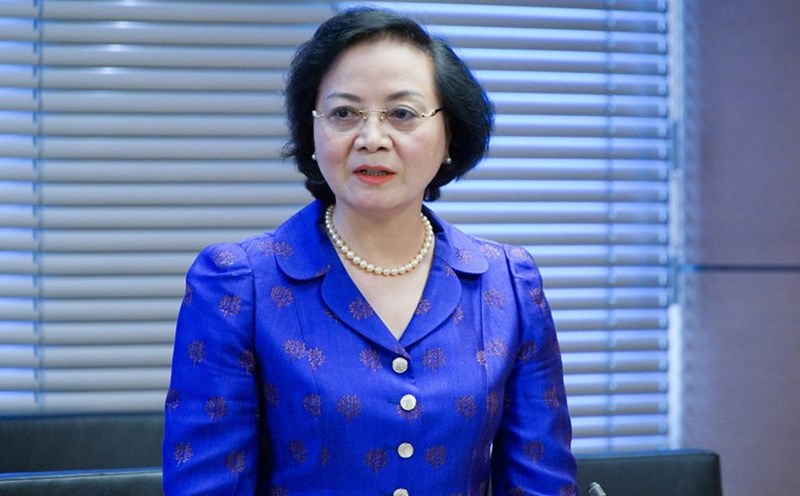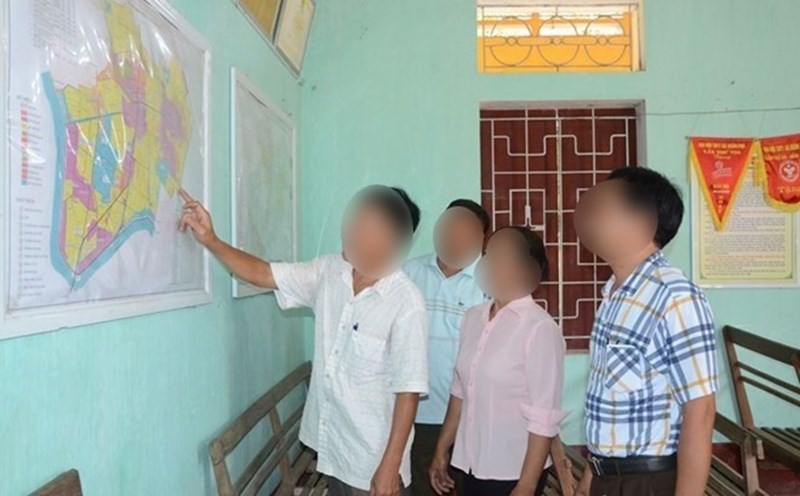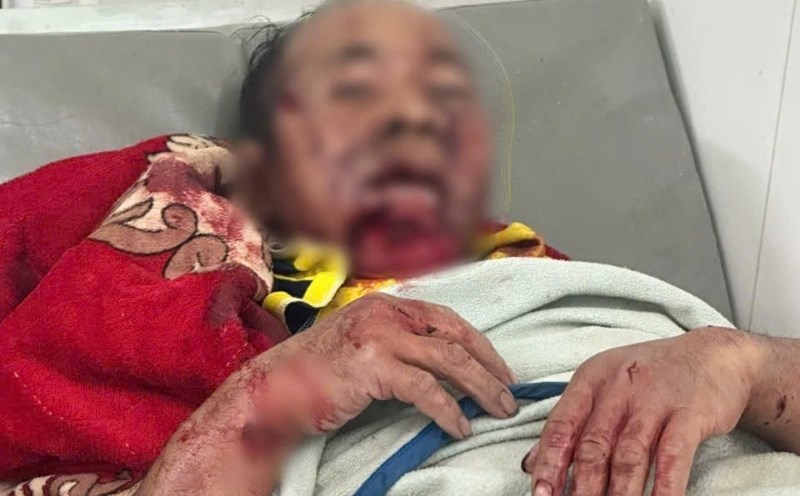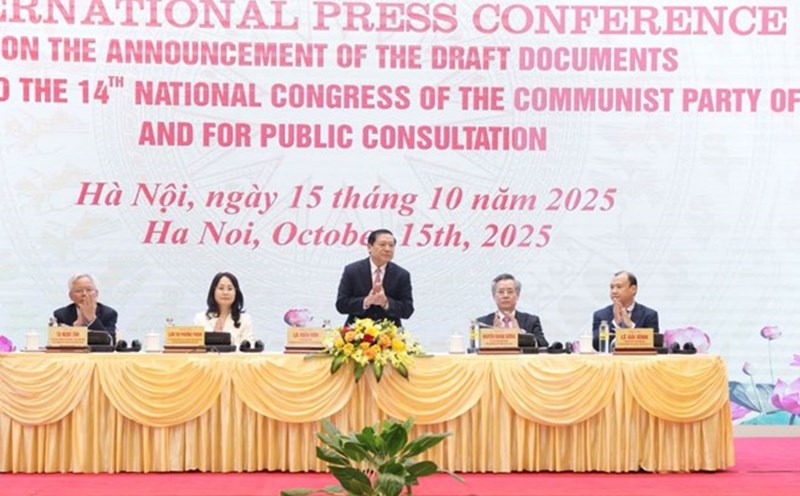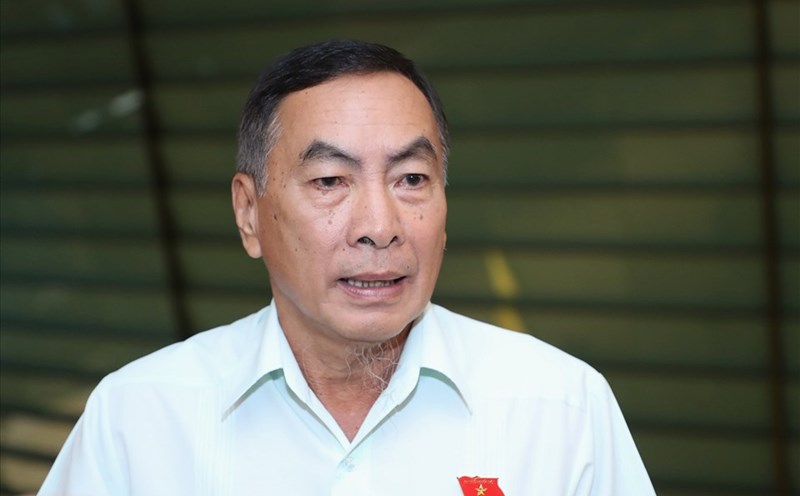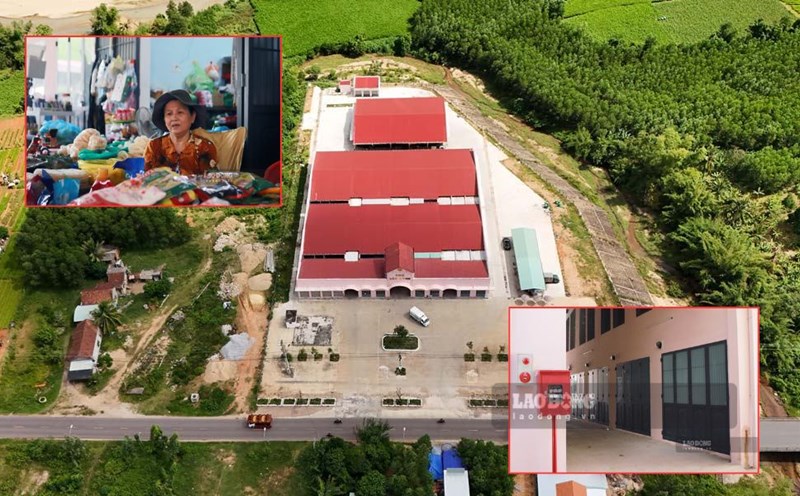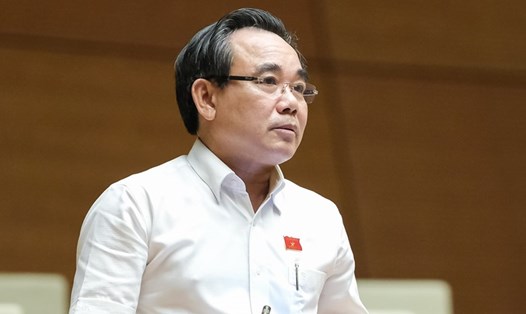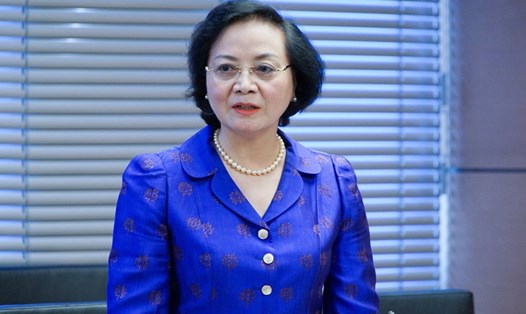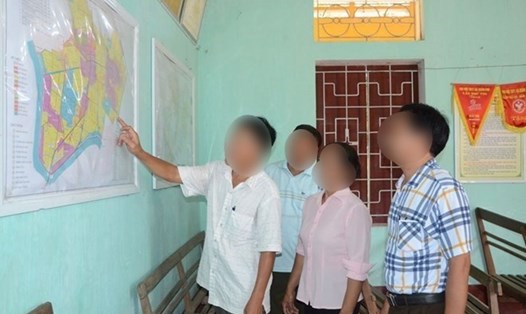This is the content informed by Minister of Home Affairs Pham Thi Thanh Tra at the National Assembly's group discussion session on the morning of October 21 on assessing the results of implementing the socio-economic development plan for 2025; the expected socio-economic development plan for 2026.
Minister Pham Thi Thanh Tra said that in the coming time, it will continue to review to reorganize villages, hamlets, and residential groups. According to the plan, this arrangement will be implemented in May 2026.
At this time, the Minister of Home Affairs said that relevant agencies and units are developing and preparing decrees.
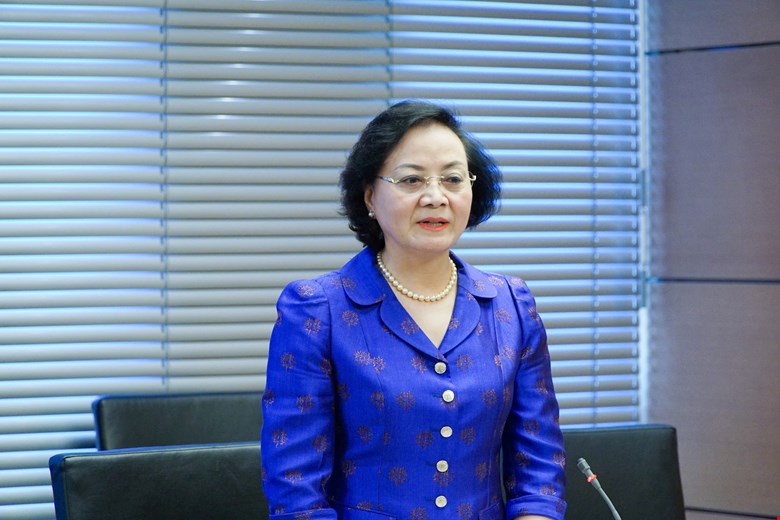
Regarding the arrangement of public service units, Minister Pham Thi Thanh Tra said that this content has issued Official Letter No. 59-CV/BCD of the Central Steering Committee summarizing Resolution No. 18-NQ/TW on the arrangement of public service units, state-owned enterprises and focal points within agencies and organizations in the political system.
The Government has also issued Plan No. 130/KH-BCDDTKNQ18 on the arrangement of public service units, state-owned enterprises, and organizations within the state administrative system.
"We have now had an initial report to prepare to report to the Politburo and competent authorities. State-owned enterprises are also in this package and we will try to achieve the goal of basically stabilizing the arrangement by 2026-2030 to achieve the development target for the period 2026-2030", said the Minister.
At the discussion session, delegate Nguyen Quoc Luan (Lao Cai delegation) proposed to continue implementing the arrangement of villages and residential groups nationwide to continue streamlining the apparatus to suit the new situation. In which, there are regimes and policies for part-time workers in villages and residential groups.
According to the delegate, when arranging and merging villages and residential groups, the area will be larger, the population will increase, so more and more work will arise. Therefore, there needs to be more regimes and allowances to support these subjects.
At the same time, continue to rearrange communes and wards with administrative units that can be rearranged based on research on scale, area, population, and similarities.
The delegate also proposed to speed up the implementation of the arrangement of public service units such as schools and health stations. Some places in the commune after the merger have 3 or 4 health stations, not to mention regional general clinics.
The current management model of the functions and tasks of commune-level health stations still needs to soon have a direction to become effective and efficient in health care for the people.
The delegate also proposed to soon implement the need for each commune to have a common public service unit in the fields of agricultural, forestry, land administration, environment, project management, etc.
Next is the urgent rearrangement of state-owned enterprises, especially agricultural and forestry farms. Currently, some localities still have agricultural companies operating very formally.
Therefore, the delegate suggested that the Government urgently direct the arrangement to avoid loss and waste of resources. At the same time, special policies and mechanisms are needed to remove difficulties.

